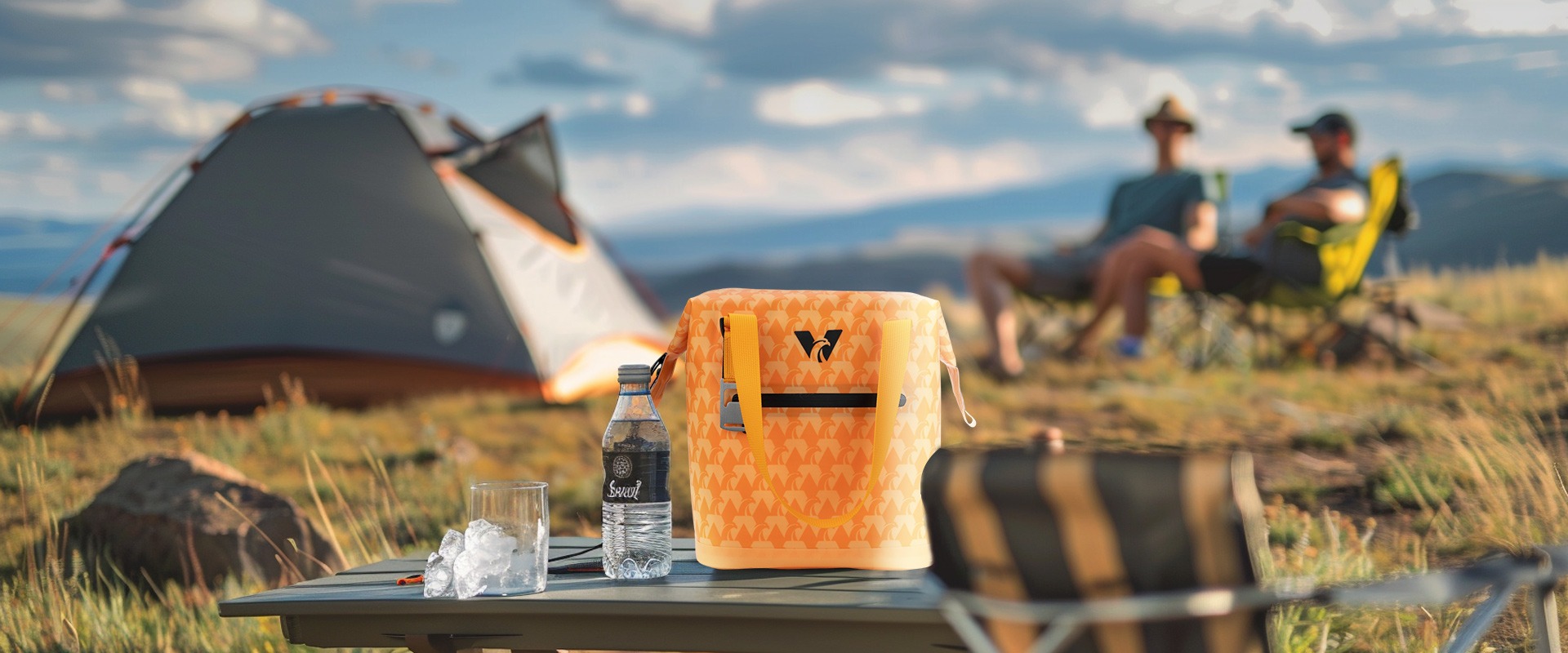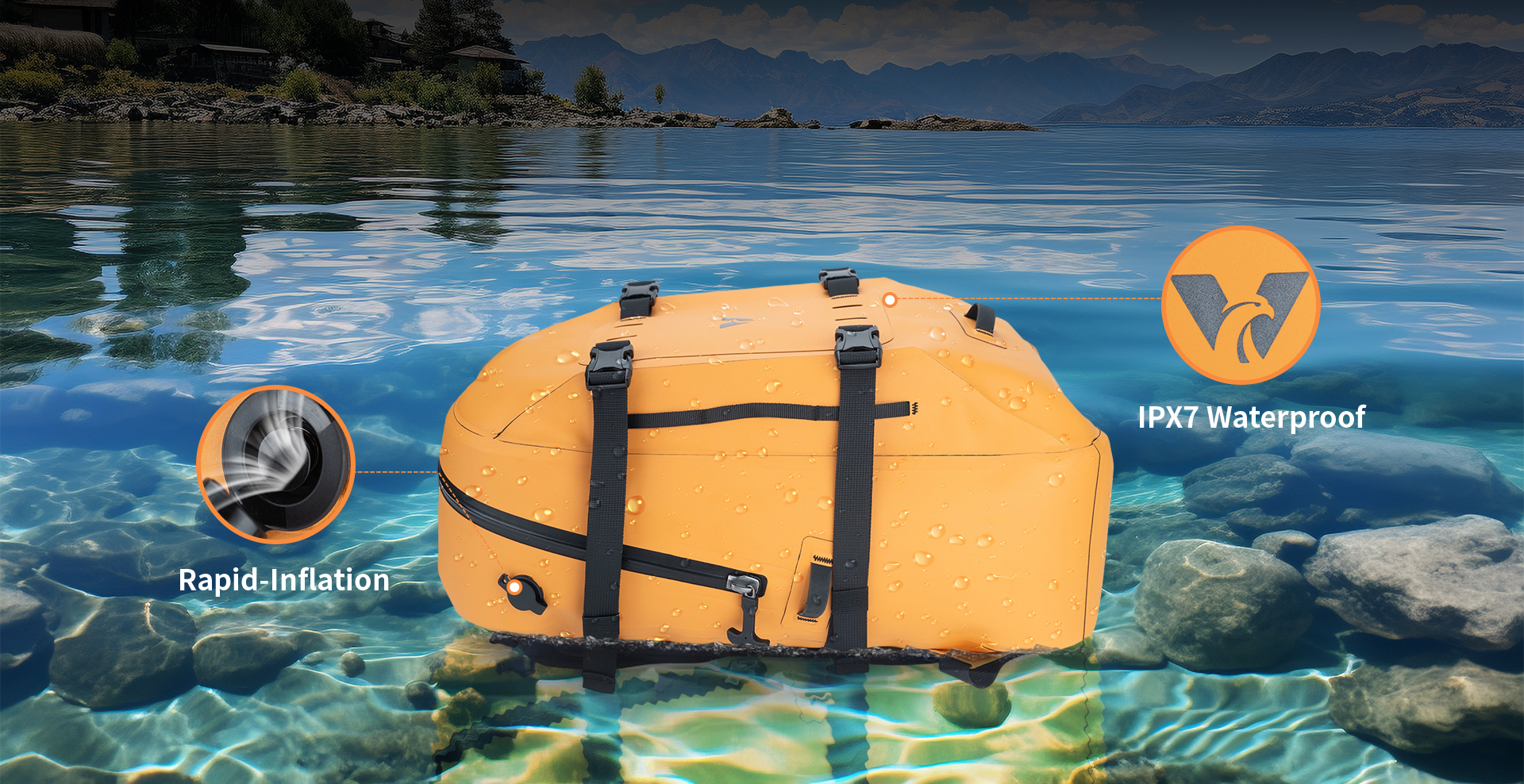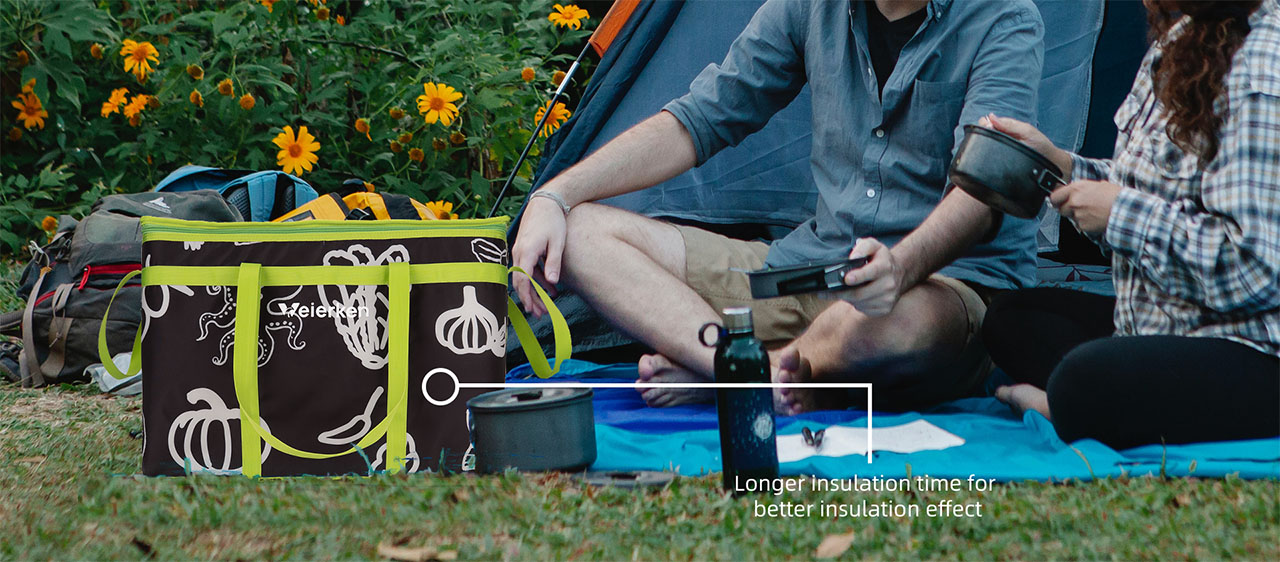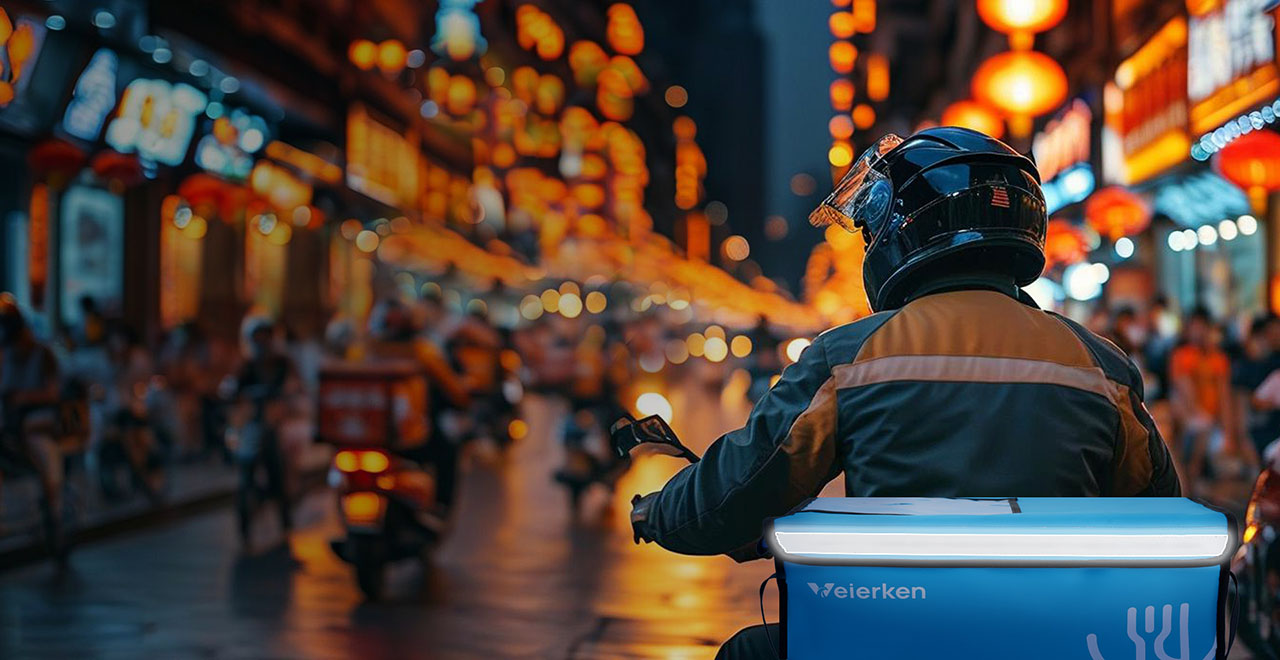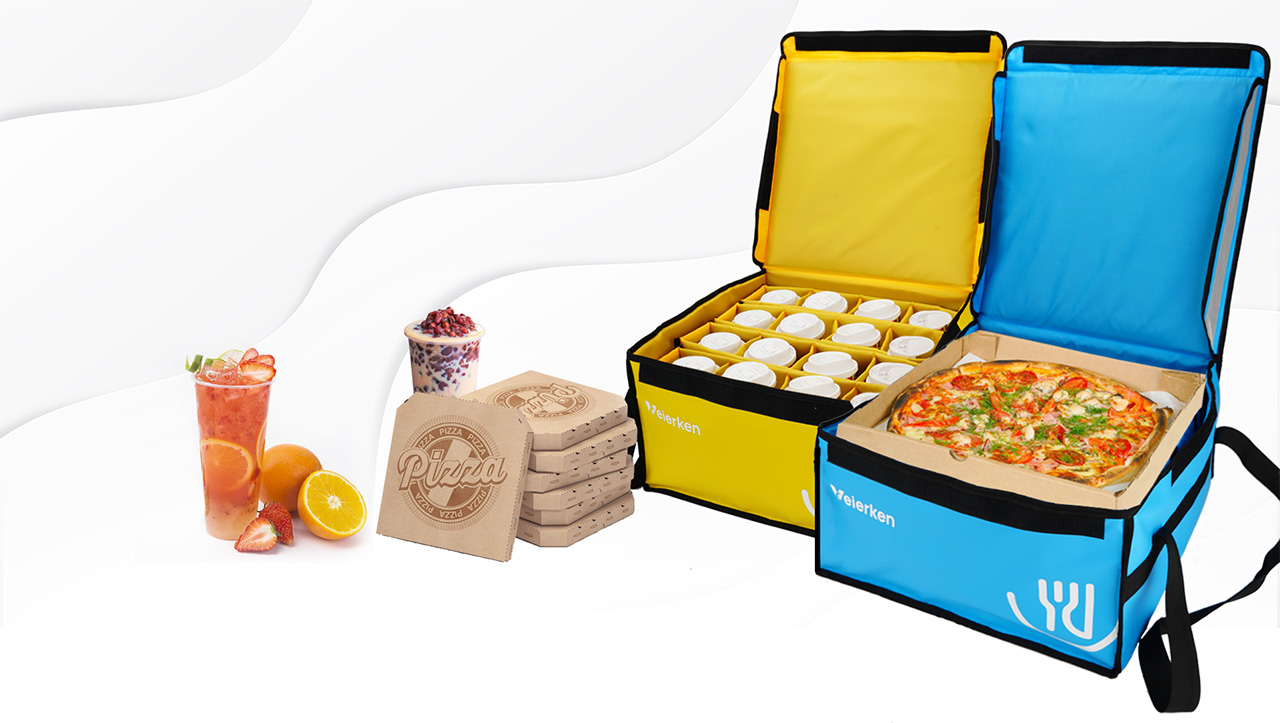In the global seafood and aquaculture industry, the integrity of the product from boat to plate is paramount. At the heart of this logistical chain lies a seemingly simple yet critical component: the fish bag. These specialized packaging solutions are designed to preserve freshness, prevent contamination, and withstand the rigors of transport, often involving ice and low temperatures. For Business-to-Business (B2B) clients—including seafood wholesalers, large-scale processors, supermarket chains, and restaurant distributors—the packaging is not just a container; it’s a vital link in the supply chain that directly impacts product quality, operational efficiency, and bottom-line profitability.
Engaging in a Fish Bag Bulk Order is a strategic decision far beyond merely buying packaging in large quantities. It represents a shift from a transactional purchase to a strategic partnership with a manufacturer. This approach allows B2B players to streamline their supply chain, achieve significant economies of scale, and secure a consistent, reliable flow of high-quality packaging. A reliable partner like weierken, with its expertise in the international bag manufacturing sector, understands that a bulk order of fish bags is a commitment to operational excellence for their B2B clients. This guide delves into the intricacies of the process, its tangible benefits, and the critical factors every professional should consider.
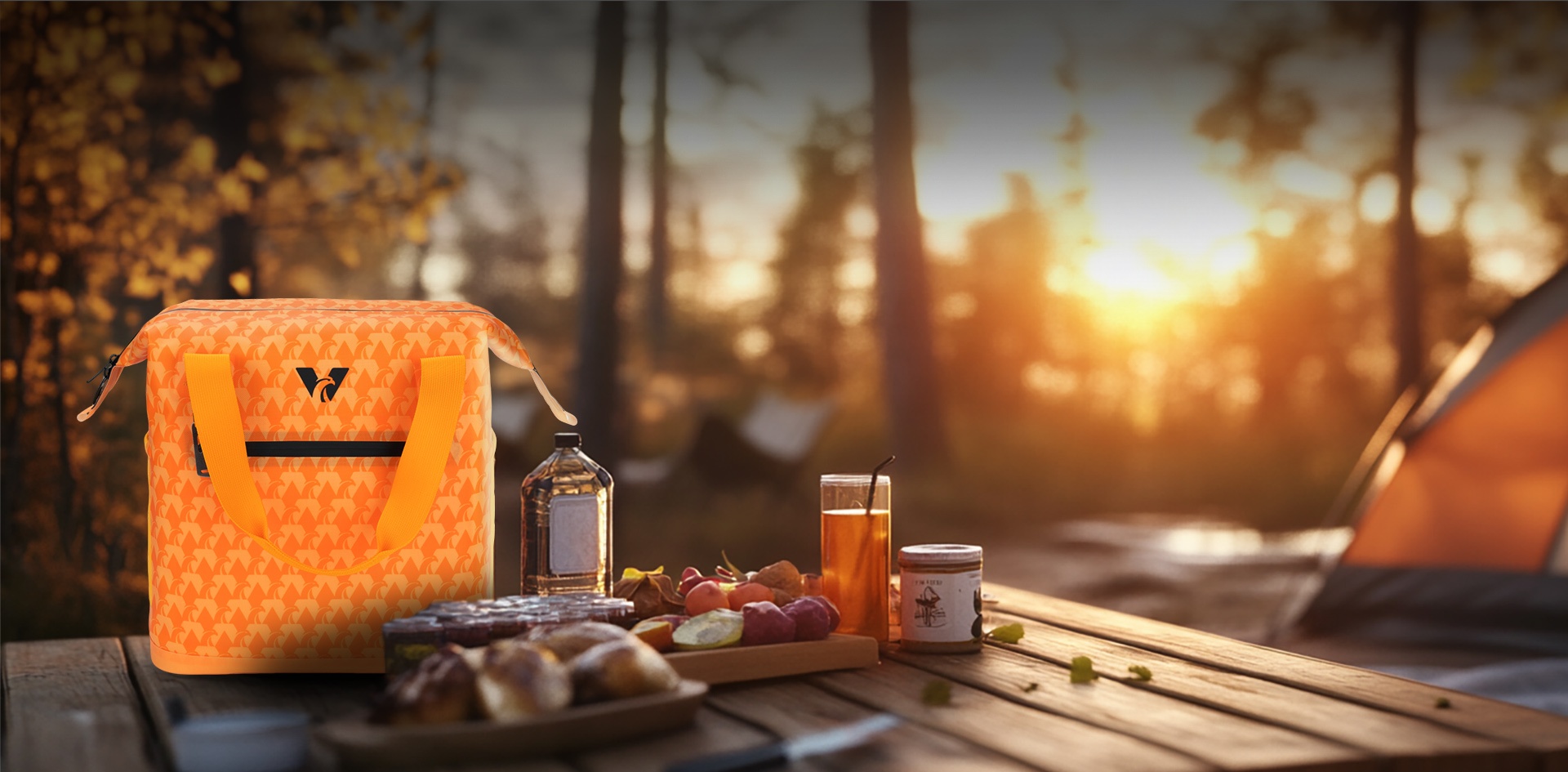
Core Process of Fish Bag Bulk Order
Navigating a Fish Bag Bulk Order requires a methodical, professional approach to ensure the final product meets all operational and quality specifications. The process is a collaborative journey between the B2B client and the manufacturer.
Step 1: Comprehensive Needs Assessment
Before contacting suppliers, internally assess your requirements. This goes beyond just “needing bags.” Consider:
- Volume & Usage: Estimate annual or quarterly consumption. How many units are used per day or per shipment?
- Product Specifications: What types of seafood are you packaging? (e.g., whole fish, fillets, shellfish). This determines required strength, size, and leak-proof characteristics.
- Storage & Logistics: What are your warehouse constraints? What are the dimensions of your shipping crates? How will the bags be integrated into your existing packing lines?
Step 2: Rigorous Supplier Screening and Vetting
Not all manufacturers are equal. Your choice of partner will define the success of your bulk order. Key vetting criteria include:
- Industry Experience: Prefer suppliers with a proven track record in producing food-grade, specifically aquatic product, packaging.
- Certifications & Compliance: Verify relevant food safety certifications (e.g., FDA, EU standards for food contact materials). A manufacturer like weierken would typically hold such credentials, ensuring material safety.
- Production Capacity: Can they handle your volume requirements without compromising on delivery timelines?
- Request for Quotation (RFQ): Provide your detailed specifications to shortlisted suppliers to receive comparable quotes.
Step 3: Sample Testing and Validation
Never skip this step. Once a potential supplier like weierken is identified, request production samples.
- Physical Testing: Test the bags for puncture resistance, seal strength, load-bearing capacity (with ice and product), and permeability.
- Fit-for-Purpose Check: Run the samples through your actual packing process to check for usability issues.
Step 4: Order Confirmation and Contract Finalization
After sample approval, formalize the order. The purchase order or contract should clearly state:
- Agreed Specifications: Material type, thickness, dimensions, printing details (logo, handling instructions).
- Pricing and Payment Terms: Final unit price, total order value, payment schedule (e.g., 30% deposit, 70% before shipment).
- Delivery Schedule: A clear, phased delivery timeline if applicable.
- Quality Assurance Protocols: Define acceptable defect rates and the protocol for addressing non-conforming products.
Step 5: Proactive Production Monitoring and Quality Control
A professional B2B relationship involves transparency. Reputable suppliers will provide production updates. Inquire about:
- In-Process Quality Checks: How is quality monitored during production?
- Pre-shipment Inspection: Can you or a third-party inspector conduct a final check before the goods are shipped?
Step 6: Logistics and Delivery Coordination
For a Fish Bag Bulk Order, logistics are a major cost and complexity factor.
- Incoterms: Clearly agree on responsibilities (e.g., FOB, EXW, CIF). Who handles customs clearance?
- Shipping Method: Decide between sea freight (cost-effective for large volumes) or air freight (faster but expensive).
- Warehouse Readiness: Ensure your receiving warehouse is prepared for the incoming shipment to avoid demurrage charges.
Key Benefits of Bulk Ordering Fish Bags
The decision to place a bulk order for fish bags is driven by compelling financial and operational advantages for B2B enterprises.
Substantial Cost Reduction
This is the most immediate benefit.
- Lower Unit Cost: Manufacturers offer significantly reduced per-unit prices for large orders due to stabilized production runs and material purchasing.
- Optimized Shipping Costs: Consolidating shipments into fewer, larger loads is far more cost-effective than multiple small, frequent shipments.
- Reduced Administrative Overhead: Processing one large purchase order instead of dozens of small ones saves time and administrative resources.
Ensured Quality and Consistency
When you source from a single, trusted manufacturer for your bulk order, you guarantee uniformity. Every bag will have the same dimensions, strength, and material properties. This consistency is crucial for automated packing lines, branding, and ensuring a uniform customer experience. Partnering with an established brand like weierken provides this assurance of quality batch after batch.
Enhanced Supply Chain Stability and Reliability
Running out of packaging can halt your entire operation. A well-planned Fish Bag Bulk Order secures your inventory, insulating you from market shortages, raw material price volatility, or unforeseen production delays at the supplier’s end. It provides predictable planning and operational continuity.
Strengthened Brand Identity
Bulk orders are the most economical way to access high-quality customization. You can have your company logo, colors, handling instructions, or certifications printed professionally on every bag. This turns a generic utility item into a powerful marketing tool that reinforces brand recognition with every delivery your customers receive.
Contribution to Sustainability Goals
Ordering in bulk has an inherent environmental benefit. It reduces the overall carbon footprint associated with frequent shipping. Furthermore, by establishing a long-term partnership, you can collaborate with your supplier, like weierken, to explore and transition to more sustainable options, such as bags made from recycled or biodegradable materials, aligning with modern corporate social responsibility (CSR) objectives.

Key Considerations and Industry Standards
From a professional procurement perspective, several critical factors must be evaluated before committing to a Fish Bag Bulk Order.
Material Safety and Regulatory Compliance
Material Safety and Regulatory Compliance
The bag material must be certified food-grade and compliant with regulations in your target market (e.g., FDA CFR 21 for the USA, EC 1935/2004 for Europe). It should be odorless and non-toxic to prevent tainting the seafood.
Functional Specifications
- Size and Dimensions: Bags must fit the product snugly without being overstuffed or too loose. Standard sizes exist, but custom sizes are common in bulk orders.
- Strength and Durability: The material, often LDPE or HDPE, must have high puncture and tear resistance, especially when loaded with sharp fins, shells, and ice.
- Leak-Proof and Sealability: Seals must be strong and watertight to contain meltwater and fish fluids.
Customization Options
Work with your supplier to determine the scope of customization. This includes printing quality, color options, and handle designs. weierken‘s expertise in manufacturing allows for significant flexibility here, enabling B2B clients to create a product tailored to their exact needs.
Commercial Terms
- Minimum Order Quantity (MOQ): Understand the supplier’s MOQ and how it aligns with your budget and storage capacity.
- Lead Time: Factor in the total production and shipping time for your planning. Reliable suppliers provide realistic timelines.
- Payment Terms: Negotiate terms that maintain healthy cash flow for your business.
Sustainability
The demand for eco-friendly packaging is growing. Inquire about the supplier’s capabilities in providing options like recyclable mono-materials or compostable/biodegradable plastics. This is increasingly a deciding factor for B2B clients whose own customers demand sustainable practices.
Future Trends and B2B Opportunities
The fish bag industry is not static. Forward-thinking B2B clients can leverage emerging trends to gain a competitive edge.
Adoption of Smart and Active Packaging
The future lies in intelligent packaging. This includes:
- Time-Temperature Indicators (TTIs): Labels that change color if the product has been exposed to unsafe temperatures, enhancing quality assurance and transparency.
- Modified Atmosphere Packaging (MAP): Bags designed to work with gas flushing to significantly extend shelf life.
Early adoption of these technologies through a bulk order partnership can position a wholesaler as a premium, quality-focused supplier.
The Circular Economy Model
The linear “take-make-dispose” model is being challenged. B2B clients can work with manufacturers to explore circular models, such as implementing take-back programs for used bags for recycling. A Fish Bag Bulk Order could include a clause for the return of production waste or off-spec bags, creating a closed-loop system.
Advanced Material Science
Innovations in biopolymers and high-performance recycled materials will continue to emerge. By building a strong relationship with a manufacturer through bulk ordering, B2B clients can be first in line to test and integrate these advanced materials, reducing their environmental impact without compromising on performance. Companies like weierken are often at the forefront of researching and applying these new material technologies.
FAQs and Solutions
Q1: How can we effectively balance cost and quality when placing a Fish Bag Bulk Order?
A1: The key is to focus on Total Cost of Ownership (TCO), not just the unit price. A cheaper bag that fails during transport leads to product loss, customer complaints, and reputational damage—costs that far outweigh the initial saving. Invest in thorough sample testing and choose a reputable supplier like weierken who offers a fair price for certified, reliable quality. Remember, consistency in quality reduces variability and waste in your own operations.
Q2: What is a typical MOQ for a custom Fish Bag Bulk Order, and is it negotiable?
A2: MOQs vary significantly by supplier and customization level. For standard bags, it could be as low as 10,000 pieces. For fully custom printed designs, MOQs might start at 50,000 to 100,000 units. MOQ is often negotiable, especially for first-time orders that establish a long-term relationship or for orders involving higher-margin customizations. Be transparent with your supplier about your volume constraints.
Q3: How should we handle potential logistics delays for our bulk order?
A3: Proactive planning is essential. First, choose a supplier with a proven record of on-time delivery. Second, build a buffer of 2-3 weeks of inventory into your planning to absorb minor delays. Third, clearly define Incoterms so responsibilities are known. Finally, maintain open communication with your supplier for real-time updates and have a contingency plan, such as a temporary local source for emergency stock.
Q4: Are there eco-friendly options available for bulk orders, and do they compromise on performance?
A4: Yes, sustainable options are increasingly available. These include bags made from recycled polyethylene (rPE) or certified compostable materials. While early versions of “green” packaging had performance limitations, the technology has advanced significantly. Many modern eco-friendly bags offer comparable strength and leak resistance. Discuss your performance requirements with your supplier; they can often recommend a suitable sustainable alternative that meets your needs.
Q5: Why is sample testing so critical before finalizing a large Fish Bag Bulk Order?
A5: A sample is a physical contract of what the supplier can produce. It allows you to validate all claimed specifications—strength, seal integrity, print quality—in your real-world environment. Discovering that bags tear easily or don’t fit your equipment after a 100,000-unit order arrives is a catastrophic failure. The small cost and time invested in sample testing are the most effective risk mitigation strategy in the bulk order process.
In conclusion, a strategic approach to Fish Bag Bulk Order is a cornerstone of an efficient and resilient seafood supply chain. By understanding the process, benefits, and key considerations, B2B decision-makers can forge productive partnerships with manufacturers and make informed choices that drive profitability and quality.
